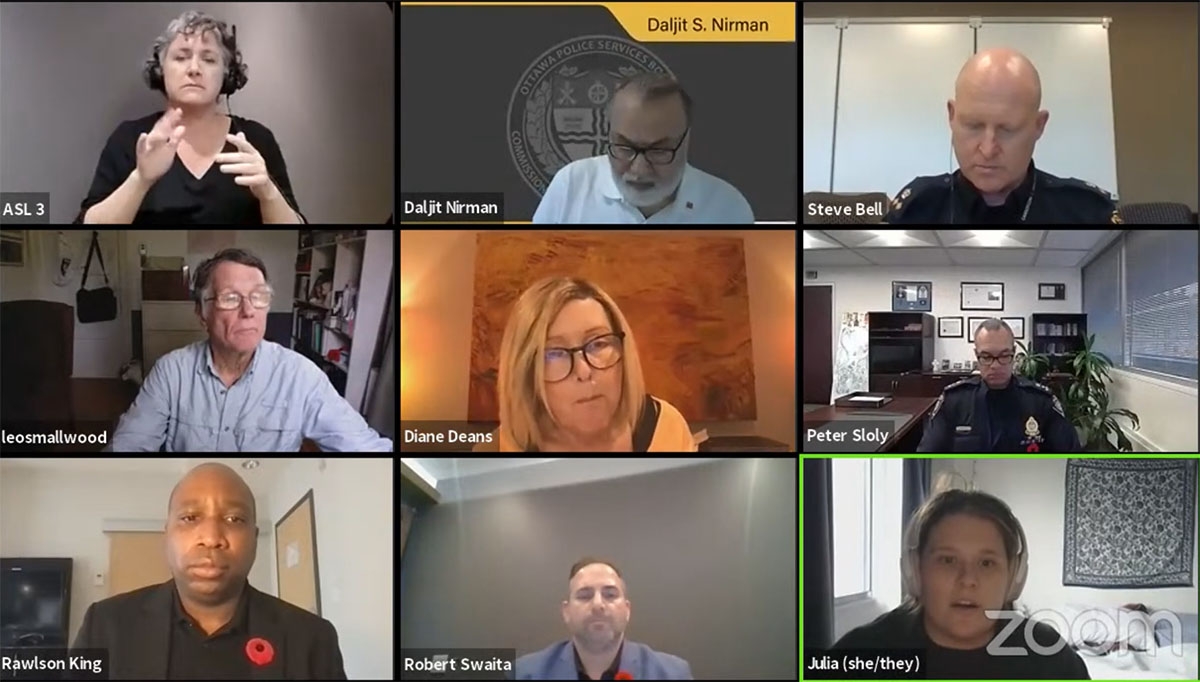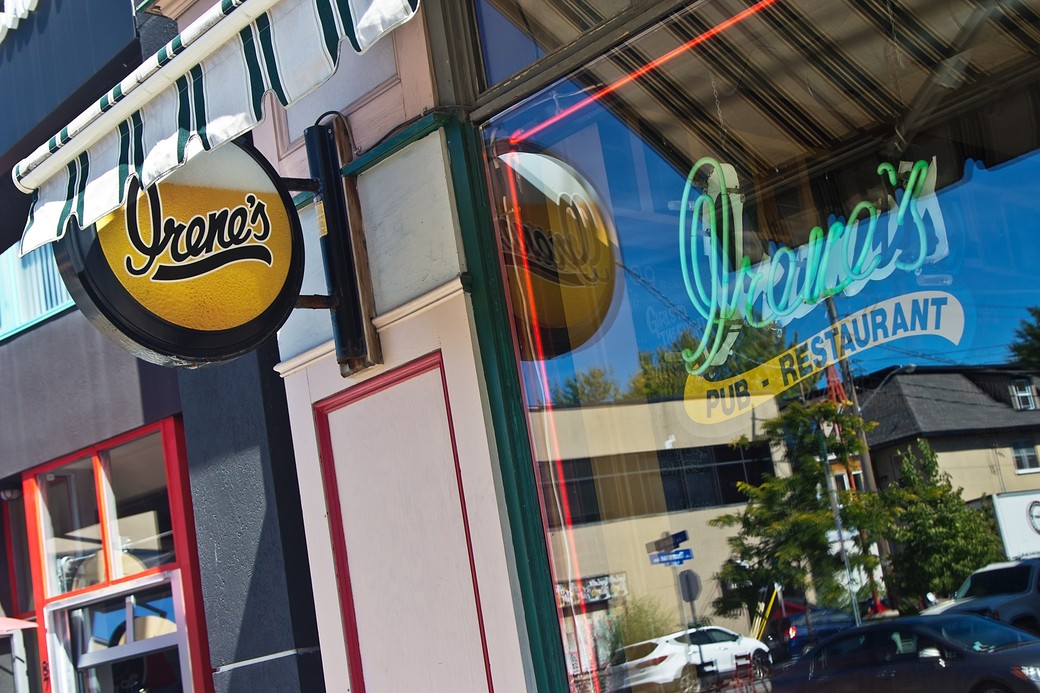
Where in the 613 is Ottawa’s Night Mayor Mathieu Grondin?
In 1992, when asked what high-ranking officials could do to accelerate growth in their country, retired Chinese leader Deng Xiaoping responded, “Do solid work,” officials to avoid speeches, papers, and meetings.
What does this have to do with Ottawa? While comparing a socialist state to a Western capital may seem like a stretch, Deng’s point is relevant to Ottawa’s current predicament—particularly the city’s inability to revive its downtown core. Instead of direct action, Ottawa’s municipal government is stuck in a cycle of meetings, committees, and new bureaucratic positions that are detached from the actual problems they claim to solve.
For much of its history, the ByWard Market was the heart of Ottawa’s nightlife. While Centretown and Westboro have their share of great spots, the Market was the go-to destination for bars, clubs, and entertainment. Today, its decline is obvious to anyone who lives or works there.
Beloved institutions like Pub 101, Blue Cactus, and the Earl of Sussex have all shut their doors. Joy on Sussex and the Clocktower Pub on Rideau are also gone. Pure Kitchen shuttered its ByWard location, Joey is relocating, and Mavericks—a once-thriving music venue—has closed. And why? Speak to any restaurant or bar owner, and chances are someone on their staff has been harassed or assaulted after a late-night shift.
Then there are the Ottawa residents who will tell you the problem isn’t a lack of bars, clubs, or venues—it’s a lack of security and accessibility. The Market’s issues, from crime to homelessness, have worsened, while inadequate late-night transit and parking only make things more difficult for businesses and patrons alike.
Enter Ottawa’s Night Mayor—or, officially, the Nightlife Commissioner. When the position was announced, Ottawa Life put forward a list of local candidates who could have made a real impact. It was partly fun, but the list included a few solid candidates. Instead, the city hired Mathieu Grondin, a Montrealer and founder of MTL 24/24, an organization that promotes nightlife in that city.
Was Grondin the right choice to revitalize Ottawa’s nightlife? So far, the evidence says no.
After his much-hyped appointment in June 2024, Grondin was silent for months. His first major announcement? Creating an 18-person volunteer Nightlife Committee. Since then—nothing.
Grondin’s social media presence is minimal. He posts occasionally on LinkedIn, celebrating developments like the announcement of the History nightclub location in Ottawa. But on X, Instagram, or other platforms where actual nightlife-goers are active? Silence.
On February 25, ULI Ottawa, a nonprofit organization, hosted a panel titled “The Future of Ottawa’s Night Economy,” featuring Grondin. Naturally, as a reporter covering city politics, I figured I would want to attend—except it wasn’t an open forum. Instead, it was a paid event, with a non-members fee of $55 to participate.
At least city meetings don’t charge residents just to participate. So why was the first event Grondin promoted on his only active platform a ticketed one? Where is his outreach? Where is his so-called Nightlife Committee?
Eight months into his two-year mandate, there’s been no engagement with business owners, no creative initiatives—just bureaucracy. Ask any hospitality worker in the ByWard Market if they’ve seen or heard from Grondin, and you’ll get the same response . . . nothing. A thread on r/Ottawa reflects public sentiment, and it’s anything but a rave review.
If Ottawa truly wants to become a nightlife destination, it needs action. Grondin should be creating ties and relationships directly with local businesses, understanding the socio-economic conditions pushing nightlife away, and developing creative solutions.
Ottawa hired someone from Montreal—the city’s hipper, cooler cousin—only to receive the most Ottawa response possible: more bureaucracy.
If Grondin wants to prove he’s more than just another empty title, it’s time to show some real leadership and “do solid work”.







